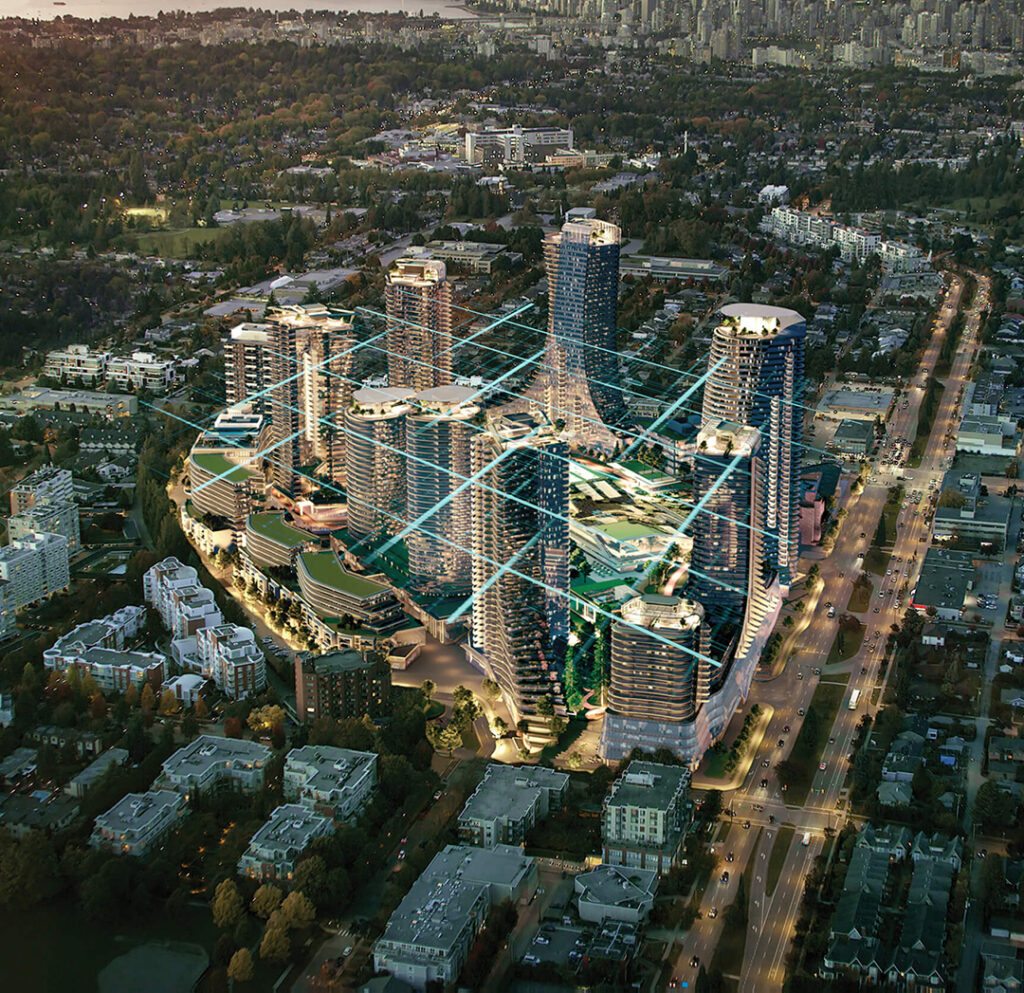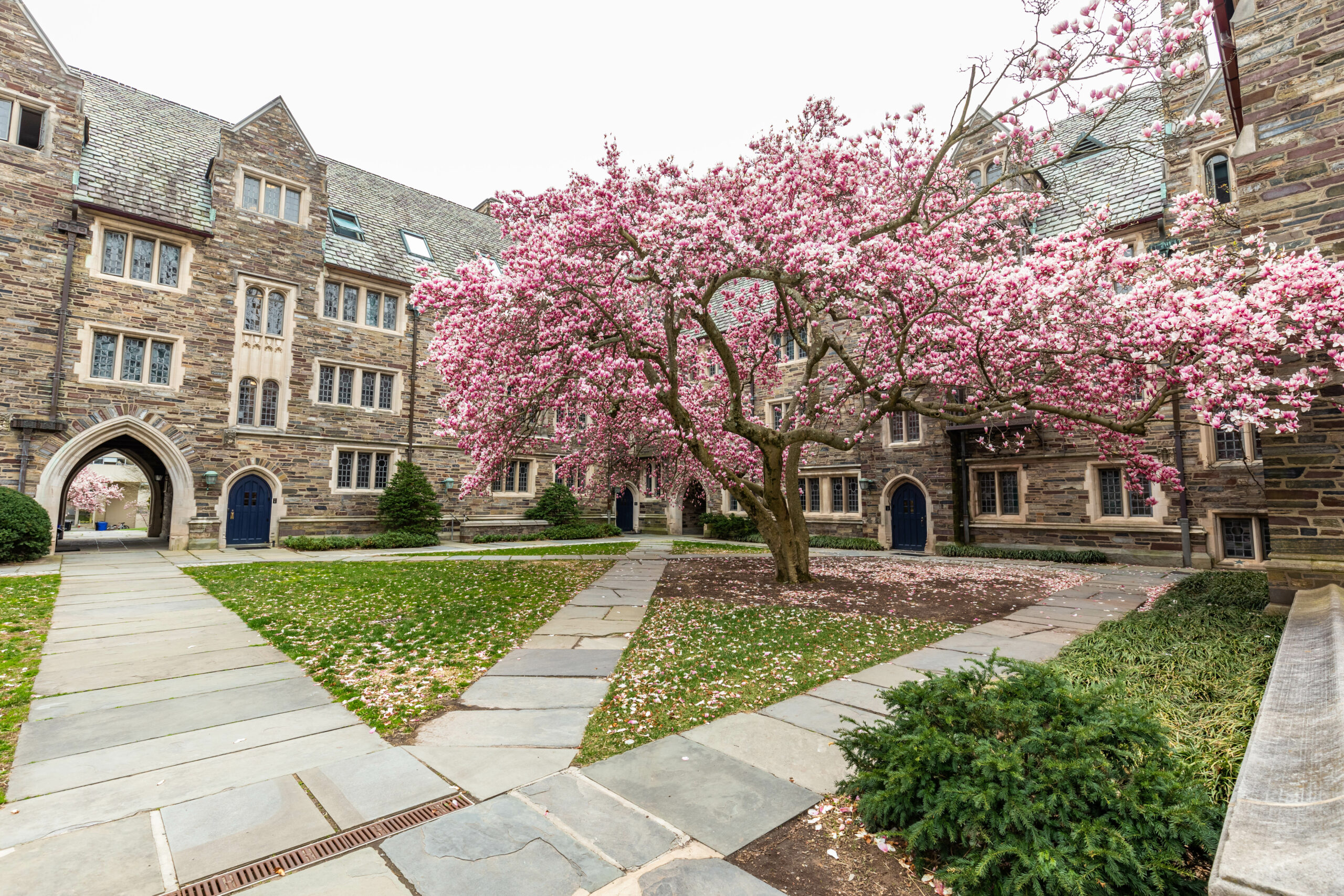
District Energy Works Best at Scale
Who Can Benefit from District Energy?
District energy works best at larger scales such as in urban cores or campuses. Having a larger consolidated load allows more renewable technologies to be incorporated, and improves the economies of scale that will support the business side of a DES.
Municipalities
Cities account for over 70 percent of global energy use and, 40 to 50 percent of greenhouse gas emissions worldwide. In several cities, heating and cooling can account for up to half of local energy consumption. One of the most efficient solutions in reducing emissions and primary energy demand is the development of modern (climate-resilient and low-carbon) district energy in cities. Through DES, cities can improve energy efficiency, increase energy resiliency, be able to switch from fossil fuels, utilize waste heat, and provide balancing for variable renewable energy sources. Many municipalities big and small have realized that reducing energy consumption and improving energy system resiliency are crucial to the future prosperity of their communities. For example, combined heat and power can be incorporated at a municipal level to reduce GHG emissions and function as an emergency power source.
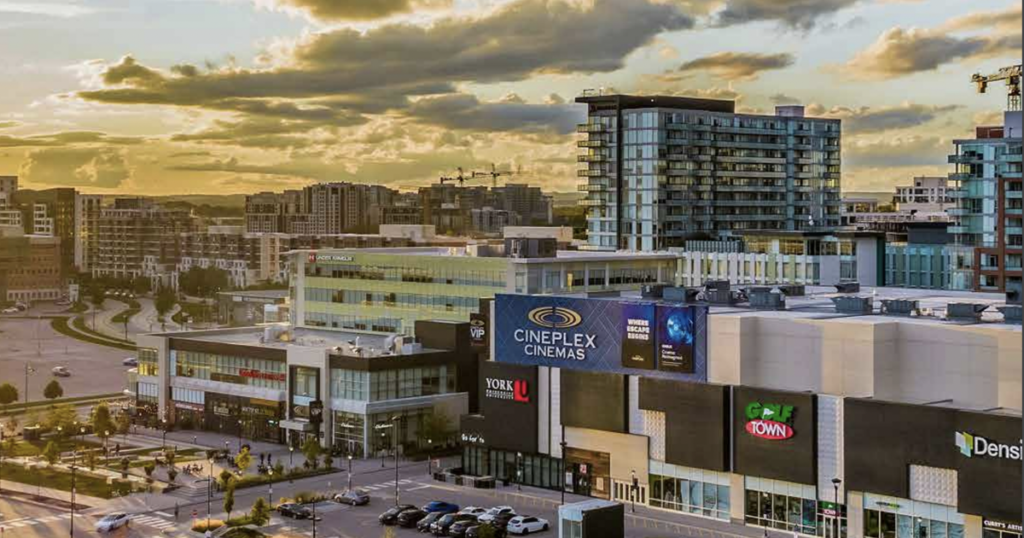
FVB Energy has helped countless municipalities navigate their community energy needs to optimize the thermal energy production and use, while developing a sustainable and resilient thermal energy grid. The early adoption of DES at the municipal level can hinge on technical & financial analysis, stakeholder engagement, and leveraging all available policies and funding opportunities that are uniquely available to the city. Some of our municipal clients that have benefited from district energy are Vancouver, Toronto, Markham, Richmond, Edmonton, Hamilton, Mississauga, Revelstoke, Vaughan, Windsor, London, Prince George, Charlottetown, Sudbury to name a few.
Top Image: City of Markham, ON. Bottom Image: Downtown Vancouver , BC
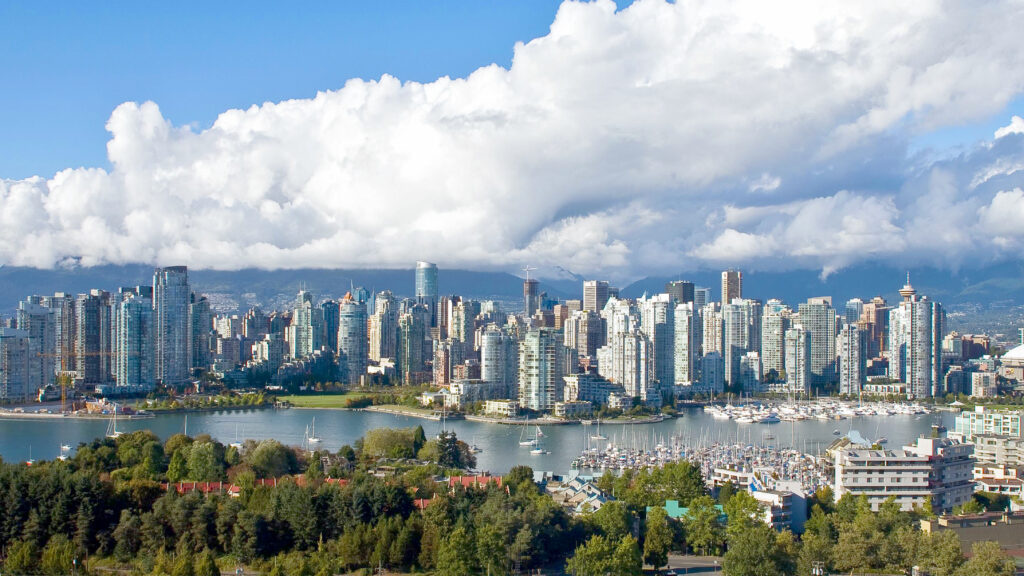
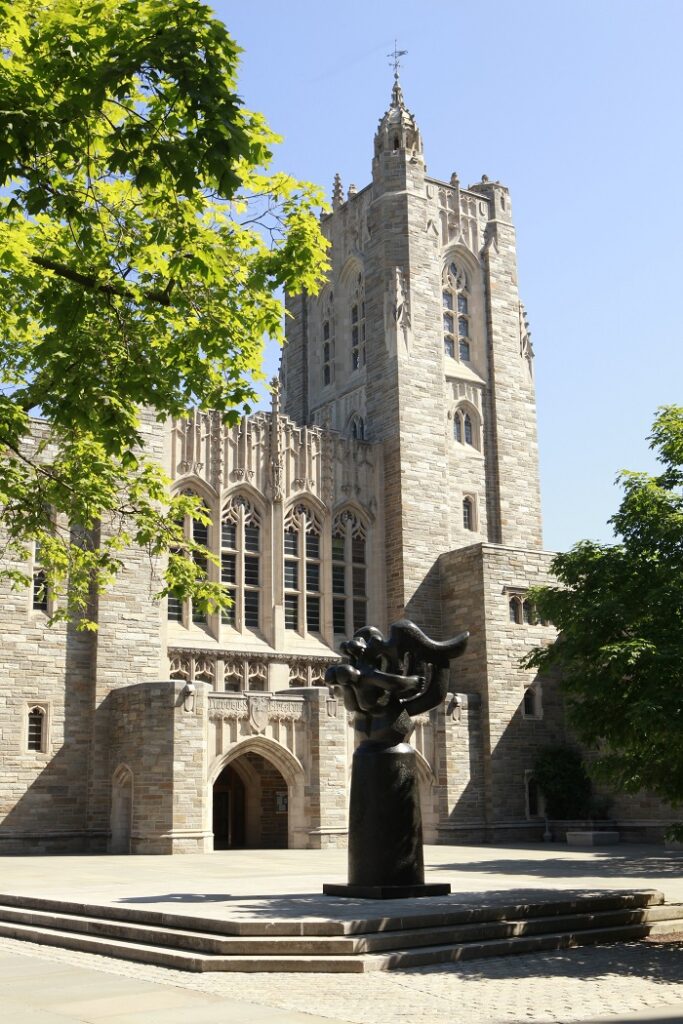
Colleges and Universities
Most College and University campuses in North America have District Energy Systems, some dating back over a century. These campuses benefit from centralized energy production, as it allows for easier operation and maintenance and facilitates campus wide fuel switching to take advantage of a changing fuel supply and/or decarbonization goals. Combined heat and power also can be beneficial for campuses because they have high electricity needs and it is often more economical to generate their own base load. The waste heat off of that generation is then used in the thermal grid to provide highly efficient space heating. Many campuses have converted from an aging steam DES to modern low temperature hot water-based DES or are in the transition. This conversion is critical to reduce energy losses and to unlock renewable energy technologies that take advantage of waste heat, seasonal storage, and/or heat pumps.
FVB Energy has worked with many colleges and universities to convert their aging steam infrastructure including Princeton University, Georgetown University, University of Rochester, University of British Columbia, University of Toronto, Dalhousie University, University of Victoria, and Georgetown University, among others.
Image: Princeton University, NJ
Hospitals and Corporate Campuses
Hospitals, health care centres, and corporate campuses have special needs due to their unique energy loads and reliability concerns. FVB Energy understands these requirements and has successfully addressed the energy system faced by the health care industry.
FVB Energy has the experience and knowledge to help you plan utility system upgrades and expansion and optimize existing operations.
Image: Markham- Stouffville Hospital, Markham, ON
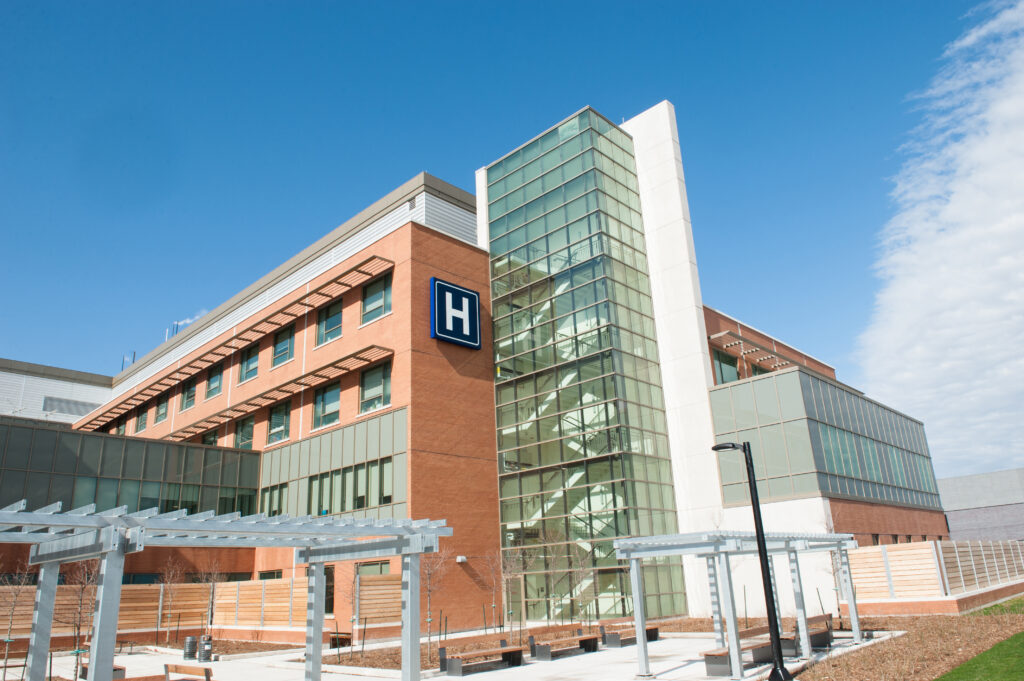
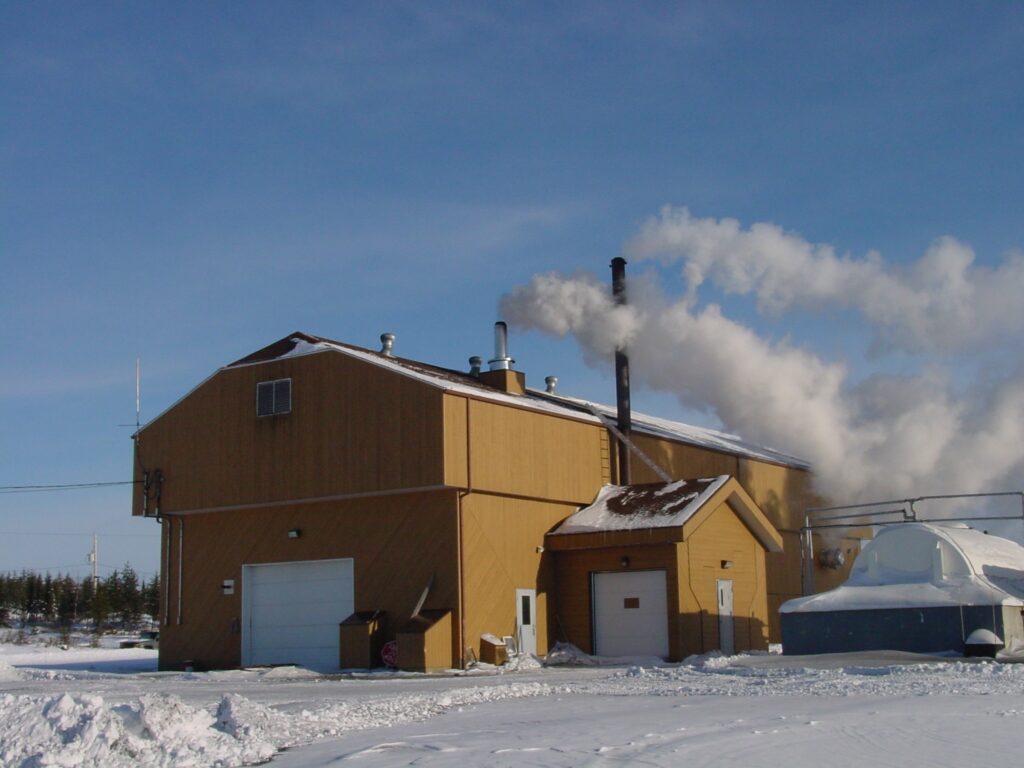
Remote Communities
Remote communities that do not have access to an electricity grid or stable fuel supply can greatly benefit from a district energy system. This centralization of energy production greatly simplifies the procurement and sourcing of local fuels, such as Biomass or Solar Thermal, and can create a sustainable, affordable, and resilient energy system. FVB is extremely proud of the work we have done in northern Canadian communities such as the Oujé-Bougoumou District Energy System, where we helped the community leaders to develop a biomass-based DES that serves the Cree Nation’s 135 homes and 16 public buildings. The system started operations in 1993 and the DES continues to be a beacon of prosperity and independence for the community.
Image: Oujé-Bougoumou District Energy System, QC
Residential & Mixed-Use Developments- Private Sector
Many private sector residential and commercial developers with environmental, social, and governance principals (ESG) are leveraging District Energy as an efficient and economic way to achieve their energy and environmental targets. In addition to these benefits, the space savings in each individual building can be utilized by architects and planners in creative and unique ways to increase the saleable floor area or to enhance the building common spaces. New developments such as Lakeview Village in Mississauga, ON or the Oakridge Park redevelopment in Vancouver, BC, are great examples of two new high-density developments with leadership in energy planning that has resulted in technically superior solutions with strong financial business cases.
Image: Oakridge Center Redevelopment, Vancouver, BC
